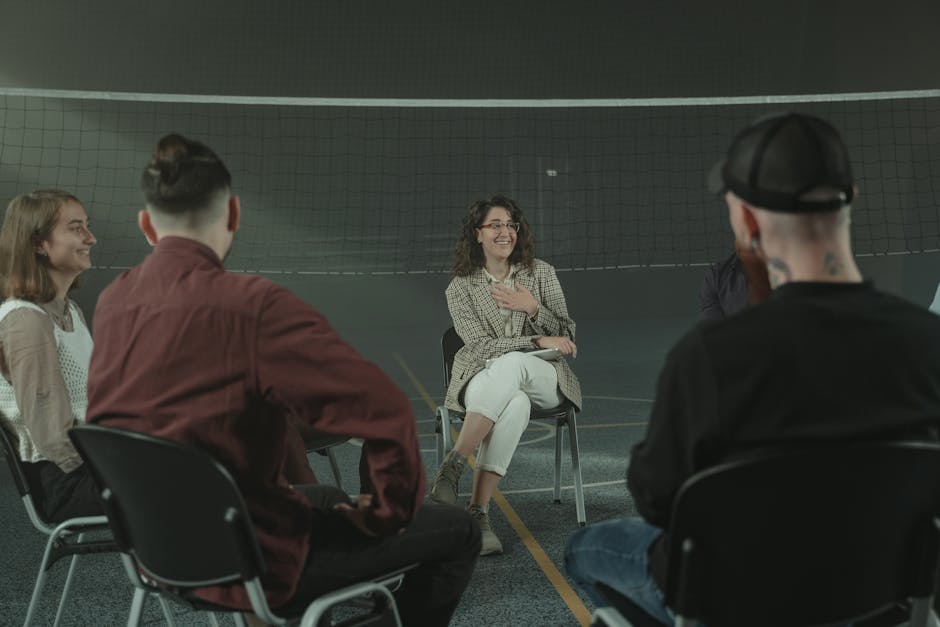
#Suicide attempts among #black #children and teenagers have increased by 73% since 1991, according to data published in the Journal of Pediatrics this month.
#Suicide is the second-leading cause of death for #teenagers in the U.S., but over the period studied, #suicide attempts decreased among #teens in every ethnic group except for #AfricanAmericans. Self-reported #suicide attempts among #white teenagers fell by 7.5% between 1991 and 2017, the study found.
The data is based on the responses of 200,000 American high school students in the Youth Risk Behavior Survey.
“This group always reported much higher rates of #suicide attempts than any other group except for Native American Alaskan Indians since 1991,” says Sean Joe, a professor of social work at Washington University in St. Louis and one of the study’s authors. “So now we’re seeing a stronger, significant increase not only for #males but also for #black #females.”
The rise in #suicide attempts among #black adolescents is marked by higher levels of hopelessness, increased #stigma around #mentalhealthissues and lack of access to #mentalhealth care, Joe says.
“There is potentially more increased trauma in this population that’s not dealt with [and a] greater level of hopelessness … for this population that we have never seen before,” he says. “So these are things we must really take a look at.”
Black #teen girls often have stronger social networks to connect with than #black #boys, he adds. The increase in self-reported #suicide attempts among #black #teen #girls could suggest they’ve lost those support systems, Joe says.
“For instance, our #black young #girls [are] less likely now to be engaged in the #black church when before they really were avid churchgoers and participation in organized religious activities,” he says. “The other thing we have to look at is whether or not there’s increasing in any notions of bullying among young #black #girls.”
#JamesDonaldsononMentalHealth –
Welcome to the “next chapter” of my life… being a voice and an advocate for #mentalhealthawarenessandsuicideprevention, especially pertaining to our younger generation of students and student-athletes.
Getting men to speak up and reach out for help and assistance is one of my passions. Us men need to not suffer in silence or drown our sorrows in alcohol, hang out at bars and strip joints, or get involved with drug use.
Having gone through a recent bout of #depression and #suicidalthoughts myself, I realize now, that I can make a huge difference in the lives of so many by sharing my story, and by sharing various resources I come across as I work in this space. #http://bit.ly/JamesMentalHealthArticle
Michael A. Lindsey, Ph.D., lead researcher on the study and executive director of the McSilver Institute for Poverty Policy and Research at New York University, told CBS News that #socialmedia can also negatively impact #girls more than #boys.
“Research shows that girls exhibit more interpersonal stress from #socialmedia usage and cyberbullying,” Lindsey says.
When people are suffering from a #mentalhealthissue, there are usually warning signs to look out for, Joe says. Kids will stop engaging in activities they usually enjoy, isolate themselves and maybe exhibit disordered eating. Joe says it’s also important to listen closely to their words.
“They start making statements akin to ‘I don’t feel like I want to be here. It might be too much for me to be here. I might be a burden to you,’ ” he says. “We want to listen to these sort of statements very carefully and realize that our young people are trying to signal that they are not okay.”
When kids under 12 years old try to commit #suicide, the most common method is asphyxiation, Joe says. Older than 12, they usually try to use a firearm.
“We have to ask, ‘How are these young #black #males having access to these firearms that results in death when they have a very impulsive, suicidal thought or are experiencing a #suicidal crisis?’ ” Joe says. “In states where you have more restrictive access to firearms with greater provisions to understand people’s #mentalhealth, understand their risk to themselves and others, in those states, you see a 20% to 33% difference in the rates of #suicide than in states where you do not.”
The challenge for researchers, Joe says, is that there have not been any significant studies of the impact of cognitive behavioral therapy or other ##mentalhealth measures on #black populations.
“We are at a loss to say what really works, but at best, we know that it’s important to screen for suicidal behavior. We know it’s important to try to engage our #black #children in #mentalhealthservices,” he says.
“But do we have definitive evidence? We do not,” Joe says. “And again, I’ve been doing this for well over 15 years, and we have not seen significant investments in any study that really focus on these populations, despite the rise over time in #suicide among this group.”
Even though there’s a lack of research, Joe says he’s hopeful that there are opportunities to step in and give teens hope, so they don’t try to commit #suicide.
“We know that for those who we do get help — or even talk therapy in combination with pharmaceutical treatment — we know that life does get better,” he says. “And these suicidal moments usually last about 10 minutes, so there’s opportunities for us to intervene. We do think you can make a difference.”
If you or someone you know may be considering #suicide, contact the NationalSuicidePreventionLifeline at 1-800-273-8255 (En Español: 1-888-628-9454; Deaf and Hard of Hearing: 1-800-799-4889) or the Crisis Text Line by texting 741741.



